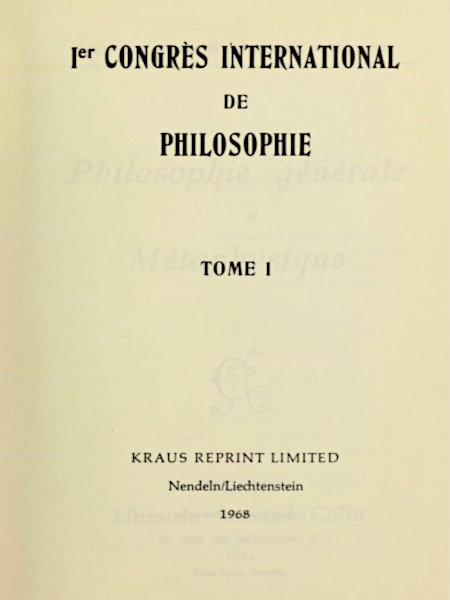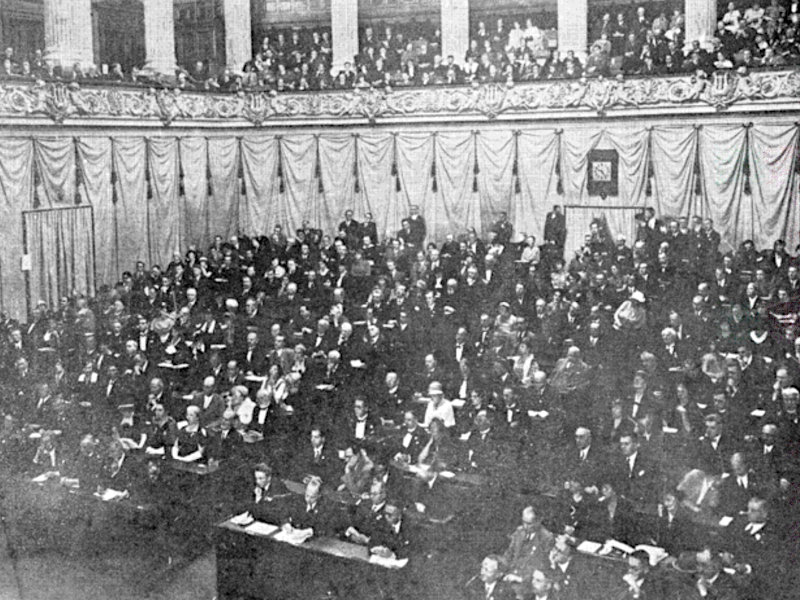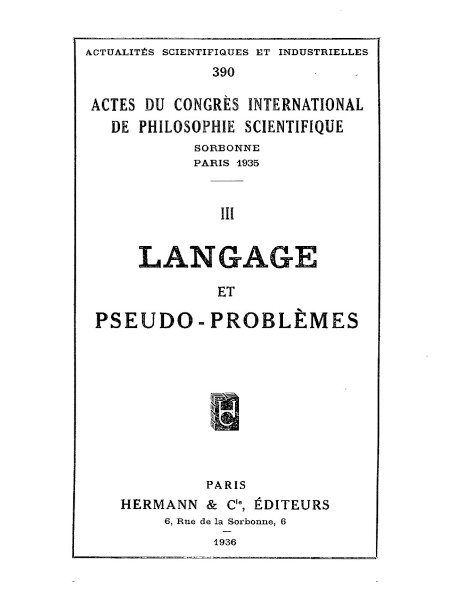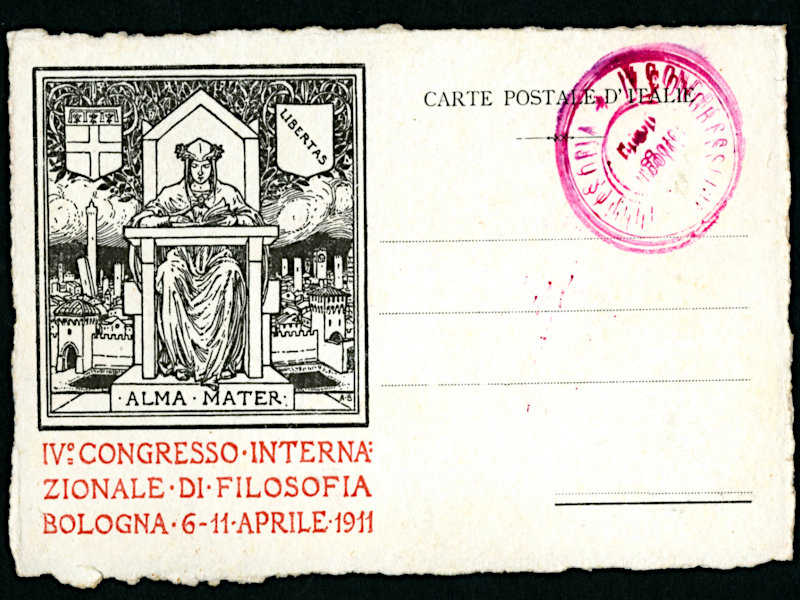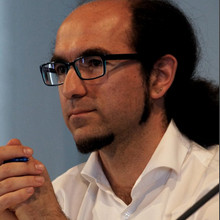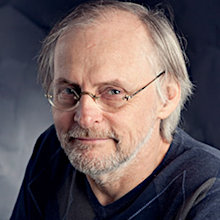INTERPHIL
The international congresses and the transnational shaping of philosophy (1900-1948)
Spaces – Struggles – Identity – Knowledge
Project
What is INTERPHIL?
INTERPHIL is an EU funded, 3-year global Marie Skłodowska-Curie project aiming at analyzing the construction of philosophy’s disciplinary academic identity by studying the first ten international congresses in philosophy (1900-1948) and relating them to the emergence in Europe of a new academic space that aimed at unity across the different schools of thought.
Today, the still persistent cleavage between the “analytic” and “continental” ways of practicing philosophy, hyper-specialization and hyper-production suggest that the project of a philosophical unity was not achieved. The majority of the philosophers currently acknowledge the uncontrollable pluralism of the discipline and had abandoned the dream of a transnational community aiming at collectively defining the discipline and at discussing its main advancements.
Still, the project of cross-cultural philosophical unity had important consequences as it has fostered the emergence of institutional spaces of intellectual exchange. At the beginning of the 20th century, for the first time in history, the international congresses in philosophy, organized, then supervised by a French group during almost fifty years, aimed at achieving this philosophical unity. The group of philosophers got progressively larger, and had to arbitrate the fights between different competitors and include or co-opt subalterns or self-excluded European and non-European groups.
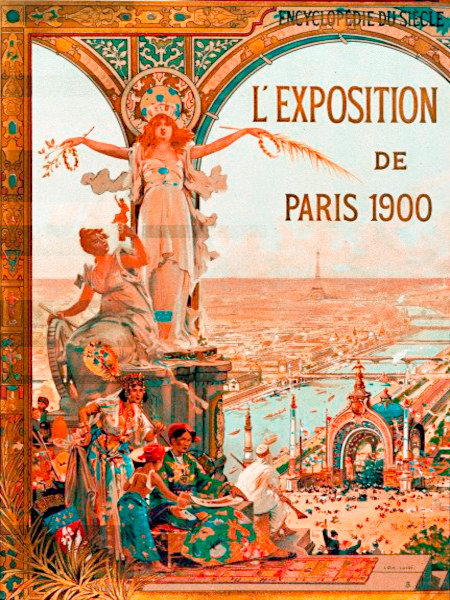

INTERPHIL will add a new contribution to the study of 20th century philosophy, engaging an innovative methodology and an unexploited corpus of sources of intellectual history.
By unveiling the ways in which dreams of cosmopolitism clashed with particular cultures and ideologies, the project will provide new insights on the challenges of internationalism, on the role philosophers played in international organizations such as League of Nations, contributing to the European Societal Challenge concerning the construction of a more inclusive, innovative and reflective society.
Moreover, INTERPHIL focus on knowledge- production on a European scale, it will thuse contribute to the first priority of Europe 2020, namely the one of developing an economy based on knowledge and innovation.
Research
What does INTERPHIL deal with?
INTERPHIL analyses the construction of philosophy’s disciplinary identity by studying the first ten international congresses in philosophy (1900-1948). At the beginning of the 20th century, for the first time in history, the international congresses in philosophy, organized, then supervised by a French group during almost fifty years, aimed at achieving this philosophical unity. The group of philosophers got progressively larger, and had to arbitrate the fights between different competitors and include or co-opt subalterns or self-excluded European and non-European groups, such as the Russians.
How did these actors deal with the contradiction between ambitions of universalism and the rising nationalisms? INTERPHIL aims at explaining the constitution of a transnational philosophical space, the formation of philosophical ideas of Europe and the participation of philosophers in international institutions such as the League of Nations. It will isolate the scientific networks tied to the congresses, study intra/inter-national, intra/inter- disciplinary struggles to define philosophy from the other disciplines, problematize the clash between universalistic claims and situated epistemologies and, finally, localize the main features of the internationally legitimated philosophical corpus.
It will imply the analysis of:
- the emergence of a transnational space of circulation of philosophical texts and scholars
- the structure of the scientific struggles between scholars and the role of philosophy in scientific diplomacy
- the emergence of a philosophical disciplinary identity through struggles of with other disciplines such as as psychology, sociology and history.
- the transformation of knowledge produced inside the different national philosophical fields, the emergence of new topics, concepts and buzz-words
What is INTERPHIL methodology?
INTERPHIL adopts a multi-scalar approach to the corpus constituted by the congresses’ proceedings in order to explain the constitution of a European philosophical space, the progressive formation of a philosophical idea of Europe and the creation of international institutions.
In order to understand the process of internationalization triggered by the congresses, INTERPHIL uses bibliometric, lexicometric and sociological tools in order to track, quantify and qualify the markers of internationalization, the topics and the direction of the circulation of texts.
It uses a socio-epistemological approach to isolate the inter- and intra-disciplinary struggles to define philosophy as a discipline and, finally, it philosophically analyze the internationally shared concepts and currents.
Team
Giuseppe Bianco
Researcher
Pietro Daniel Omodeo
Supervisor
Yves Gingras
Co-supervisor

